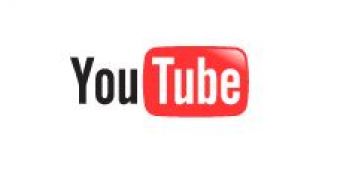Videos featuring content owned by the Warner Music Group have started being pulled down from YouTube at the end of the past week. The divorce between Google and the music label comes as the two parties have failed to reach an agreement over the licensing terms for the content featured on YouTube.
WGM indicated that, despite the initial breakdown in negotiations, it was still negotiating with Google, in an attempt to have the search giant accept terms that would result in all the content now removed from the website being made available to users yet again. The previous licensing agreement between the two companies was scheduled to expire, and the new talks have so far only managed to get Warner Music Group's artists off YouTube.
A member of the YouTube team explained that Google had been successful in finding a common ground with WMG, in part because a partnership would have required a certain level of “innovation” in licensing.
“Despite our constant efforts, it isn't always possible to maintain these innovative agreements. Sometimes, if we can't reach acceptable business terms, we must part ways with successful partners. For example, you may notice videos that contain music owned by Warner Music Group being blocked from the site,” the YouTube representative stated.
Licensing innovation aside, Warner indicated that the financial terms were responsible for catalyzing the breakdown of negotiations. WGM pointed out that under the licensing model proposed by Google its recording artists, songwriters, labels, and publishers would not be compensated appropriately and fairly.
“Every day we work with the music community to license your favorite music for you to use on YouTube. But music licensing is very complicated. The right to use a single song often requires permission from multiple owners, particularly when it comes to original fan-made videos that incorporate commercial music,” the YouTube team member added.
“We work with the music industry worldwide – with major and independent labels and publishers, rights collecting societies, and with artists and songwriters directly – to build user-friendly licensing arrangements.”

 14 DAY TRIAL //
14 DAY TRIAL //